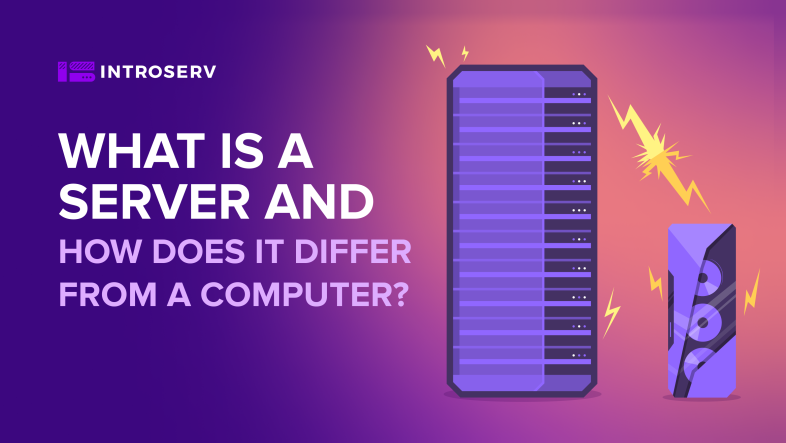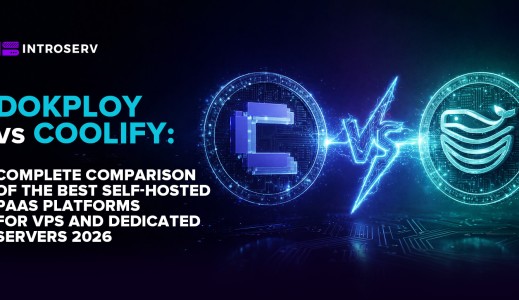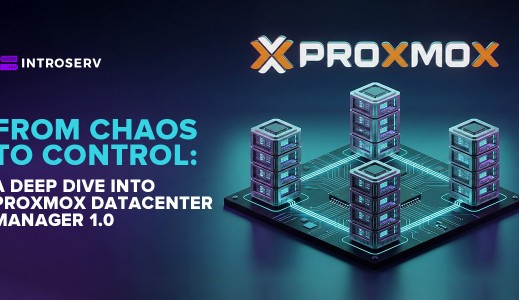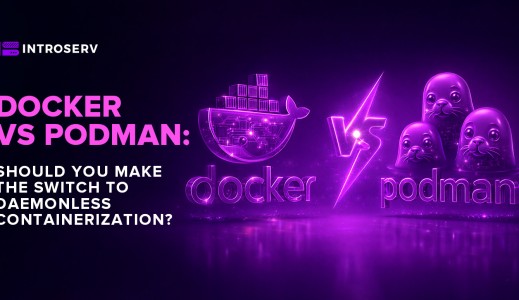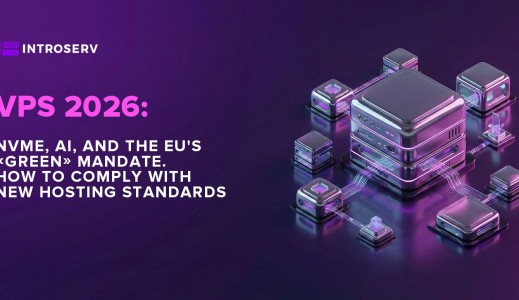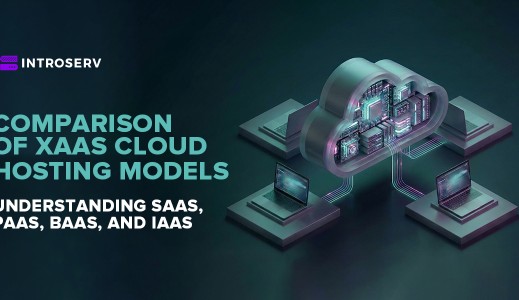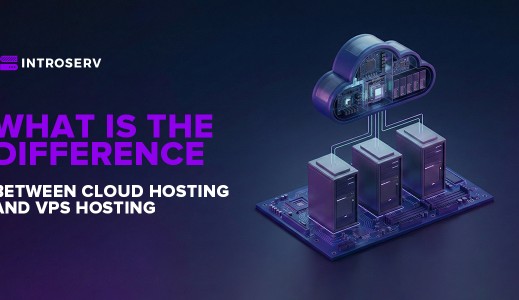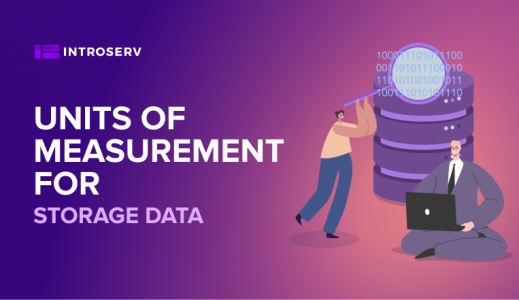The word "server" has long left the sphere of specialized specialists, moving into the field of everyday communication. We constantly use such concepts as "game server" or "mail server". And we even see in the movies "servers" with which the main characters do some manipulations. But we do not always know what the server is. What does it look like? What tasks does it solve, and what functions does it have? Why is it located in a separate room? And actually, how does the server differ from a regular computer?
Let's start with the definition – what is actually a server?
A server is a special type of equipment that solves certain tasks. This is a powerful computer (or a network of computers) that performs the role of a processor and keeper of various digital data. We can say that this is the resource with which users of personal computers can communicate with each other and perform various actions on the network.
Simply put, the server is a kind of storage medium on which information is stored. Depending on the intended use, the server gets its own specification and name. Depending on the required amount of data, different numbers or different configurations of such media are used.
The server differs from a simple computer not only functionally, but also physically. Most often, it is a module (a hardware unit). It is built into special racks according to the type of shelves in the cabinet. A separate set of such modules is called a "server station". Visually, the module is similar to a regular system unit from a stationary computer. But it is located vertically. There are several basic physical versions of server units. But we will tell you about this in the next article. The room in which the servers or stations are located is called a "server room".
The server has a large amount of memory, increased processor power and the size of hard disks. The server also runs on its own software. Usually such programs are based on special versions of Windows and Linux operating systems. Sometimes they develop their own servicing software applications.
The server center is configured via a special shared console (data entry tools). And the subsequent management takes place remotely from a special computer with separate access. This computer equipment is serviced by specialists-programmers, network engineers and system administrators.
Depending on the required capacities, the size of the server room differs. Therefore, a "server" can look like a network of several blocks, like a room with one or two server racks, or as a separate room with many stations lined up in rows. In the latter case, such server factories are called “data centers" that lease their capacities remotely. Provider companies that provide services work as a hosting service.
Another significant difference between a server and a computer is a special working climate and autonomy. In addition to increased computing power and increased memory, the server requires uninterrupted operation in offline mode. To do this, the connection is carried out via special communication lines using fiber-optic cables. And the power supply is duplicated to a separate power supply system. The server is equipped with a cooling system. It maintains the temperature regime even under high load conditions. The server rooms also have their own climate control system that regulates the humidity and temperature of the air in the room. In case of overload or unforeseen situations, backup stations are provided, which will be used in an emergency mode.
Such measures fully justify themselves, because not only the safety of data and the ability to perform targeted operations depends on the server's operation, but also the functioning of the network as a whole, it does not matter whether it is the local grid of a small company, the own server of a large corporation or the resources of the global network available to users in the form of mail, video, games and other services.
Summarizing: the server is a separate digital data carrier by the type of computer that uses special software for solving specialized tasks and works on an uninterrupted streaming basis.
Currently, you can choose a server for specific tasks, buy or rent, choosing the best solution for your goals and needs in the vast world of computers and the Internet.
